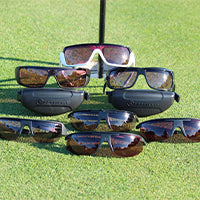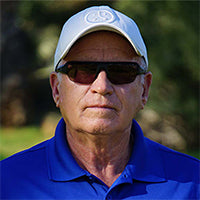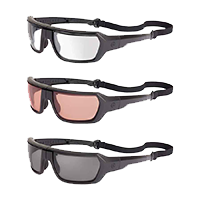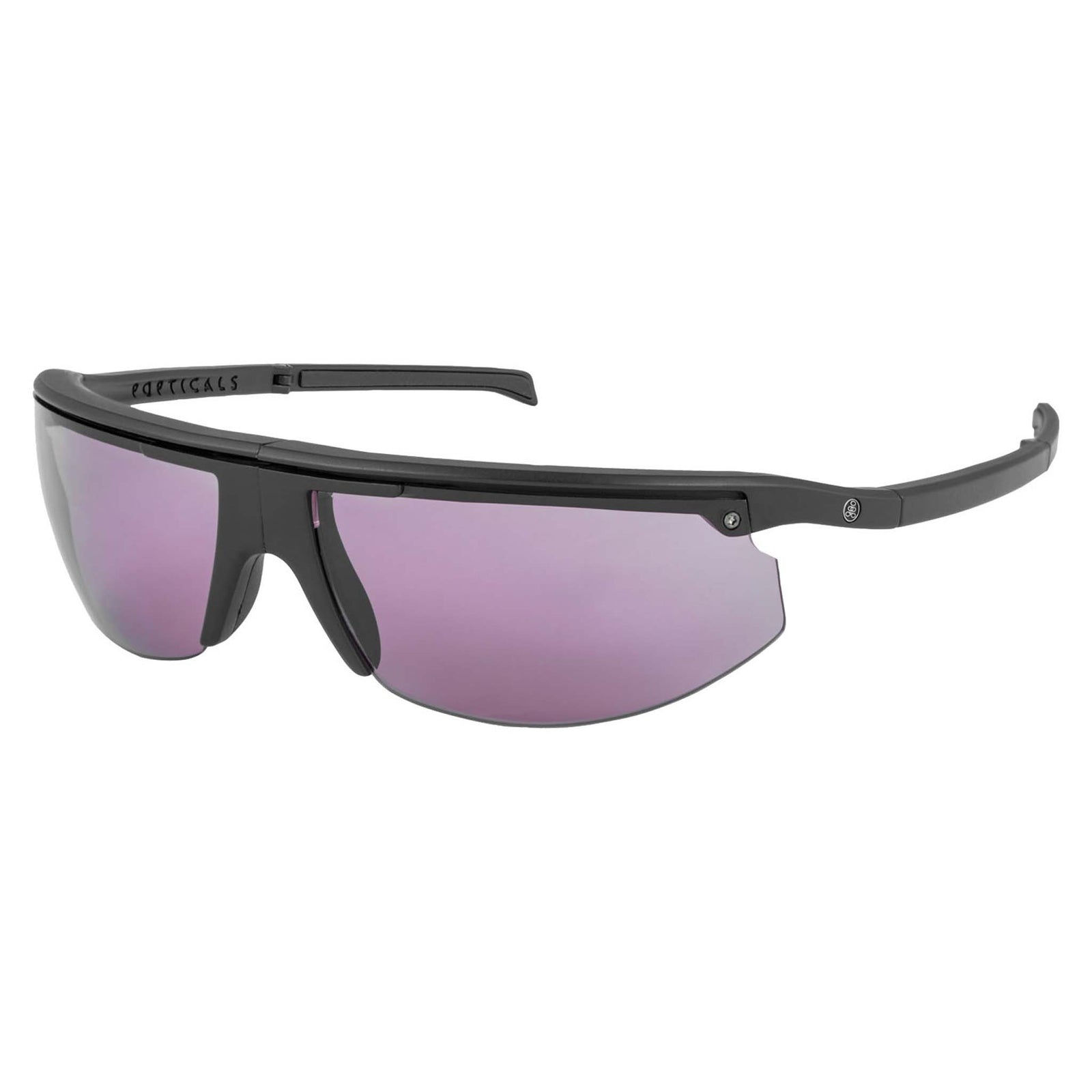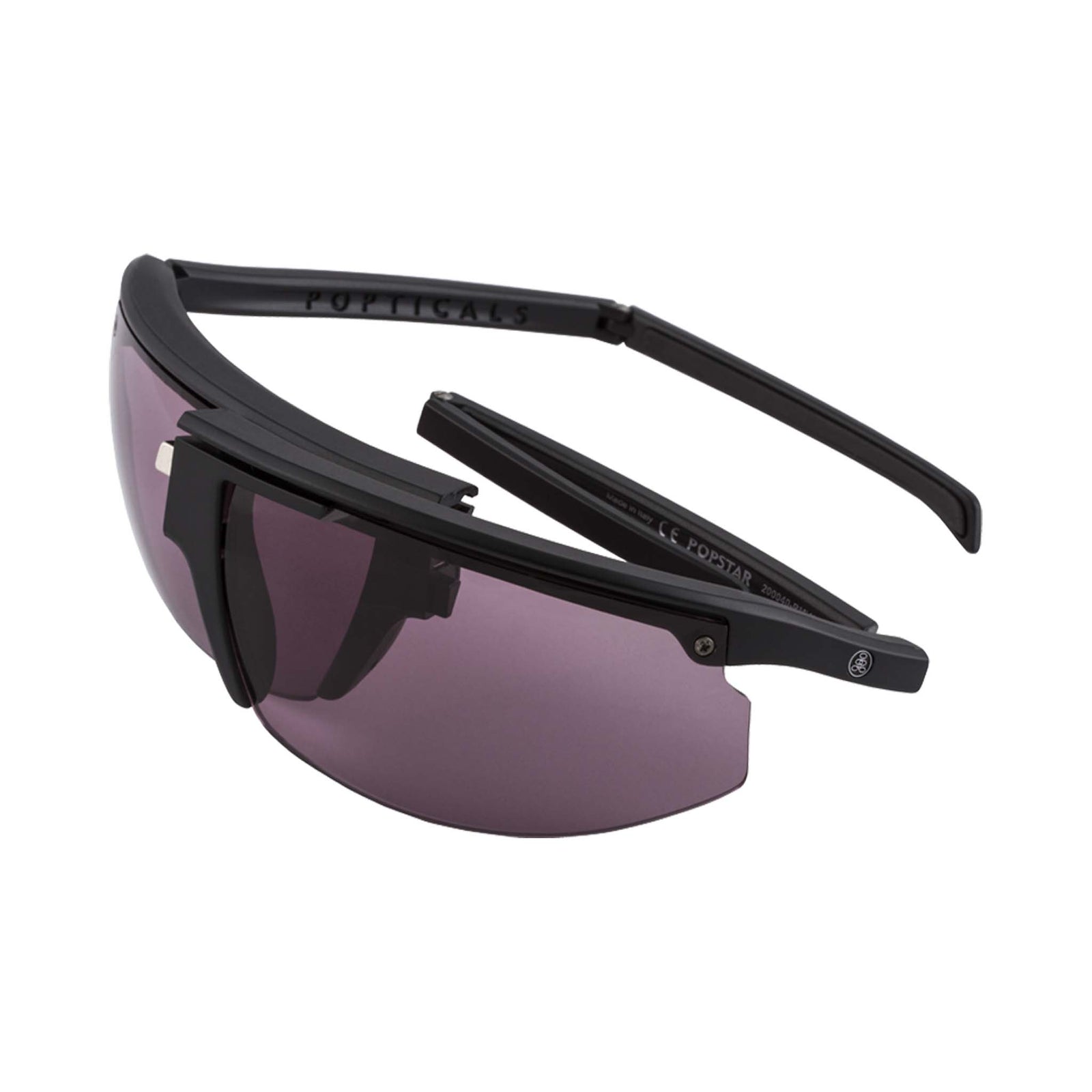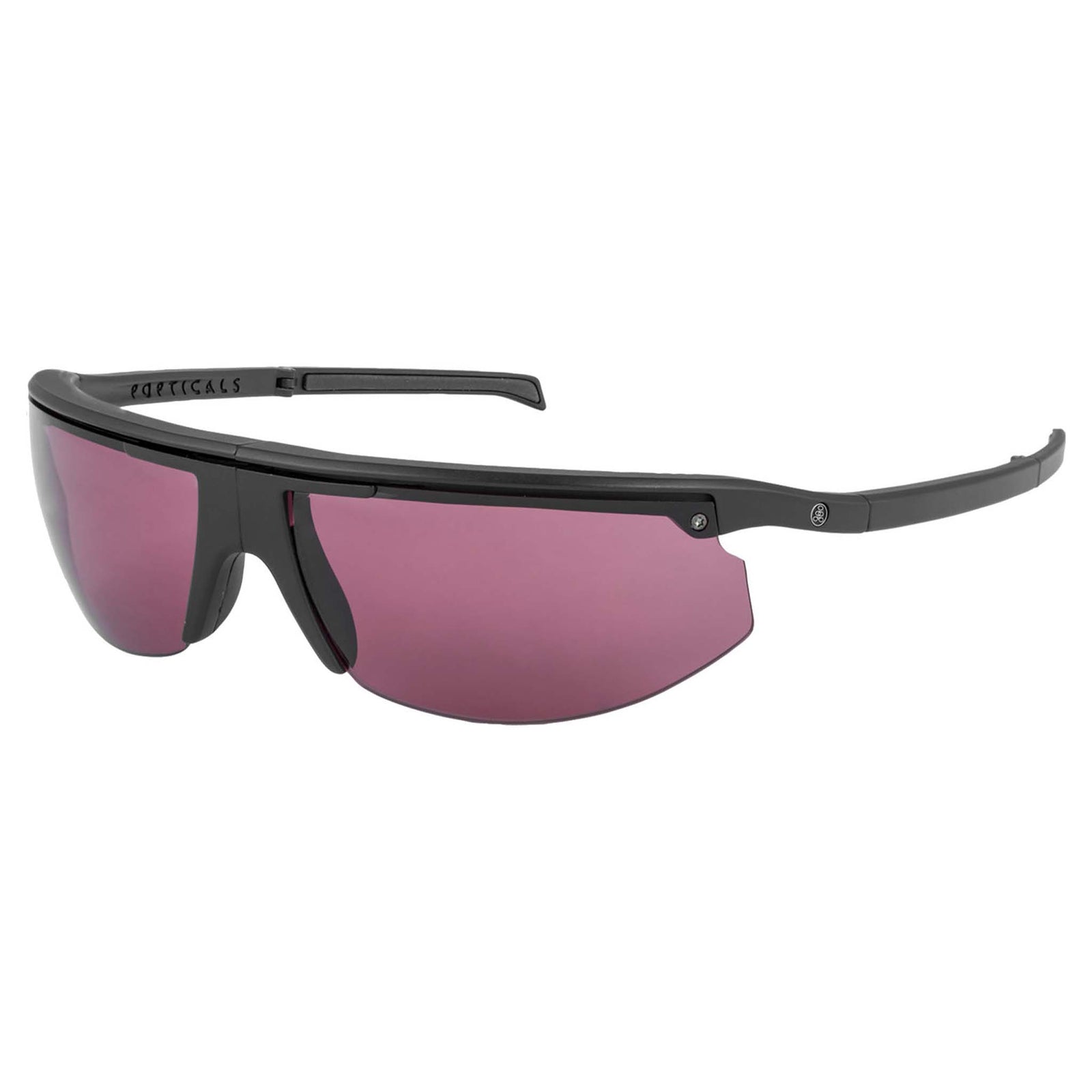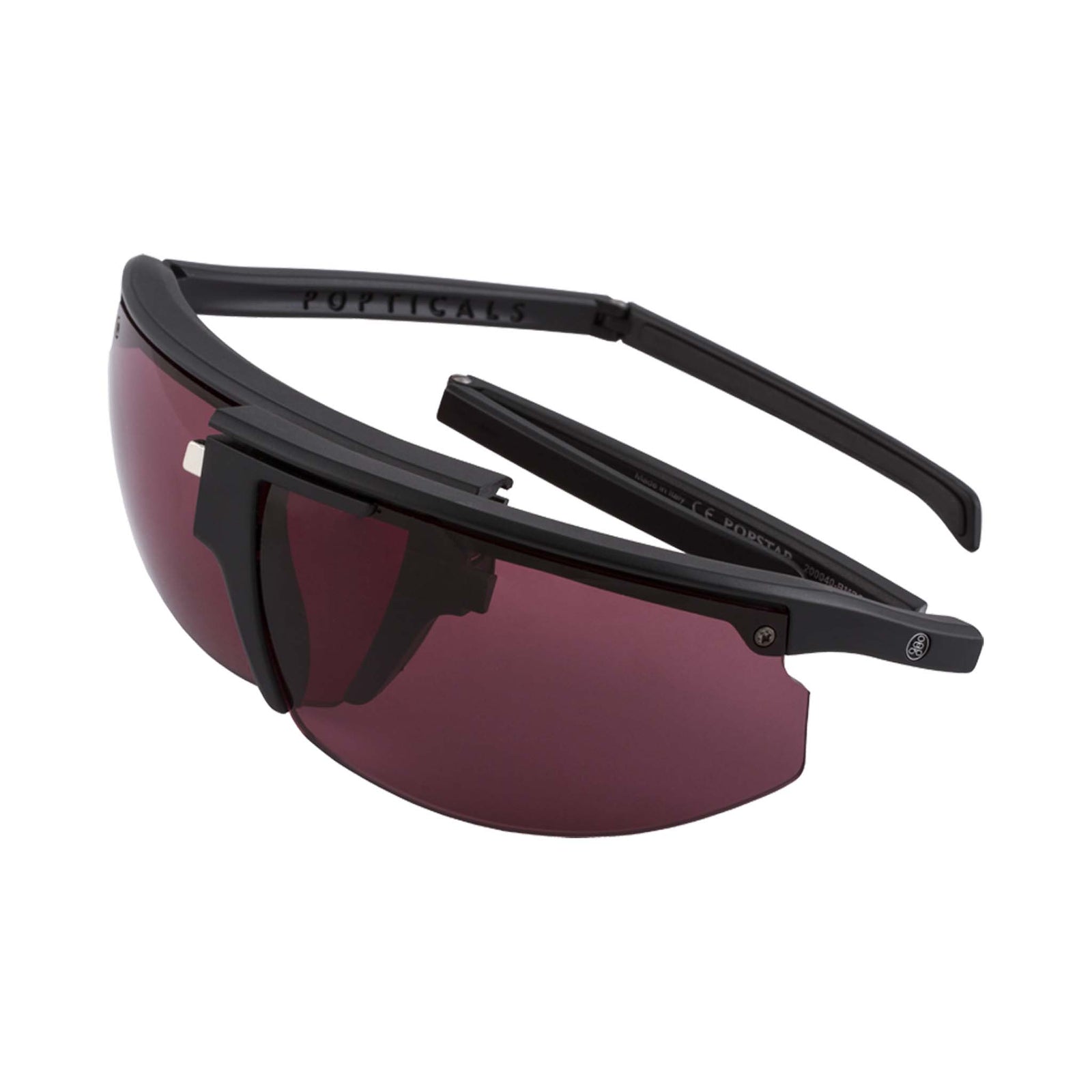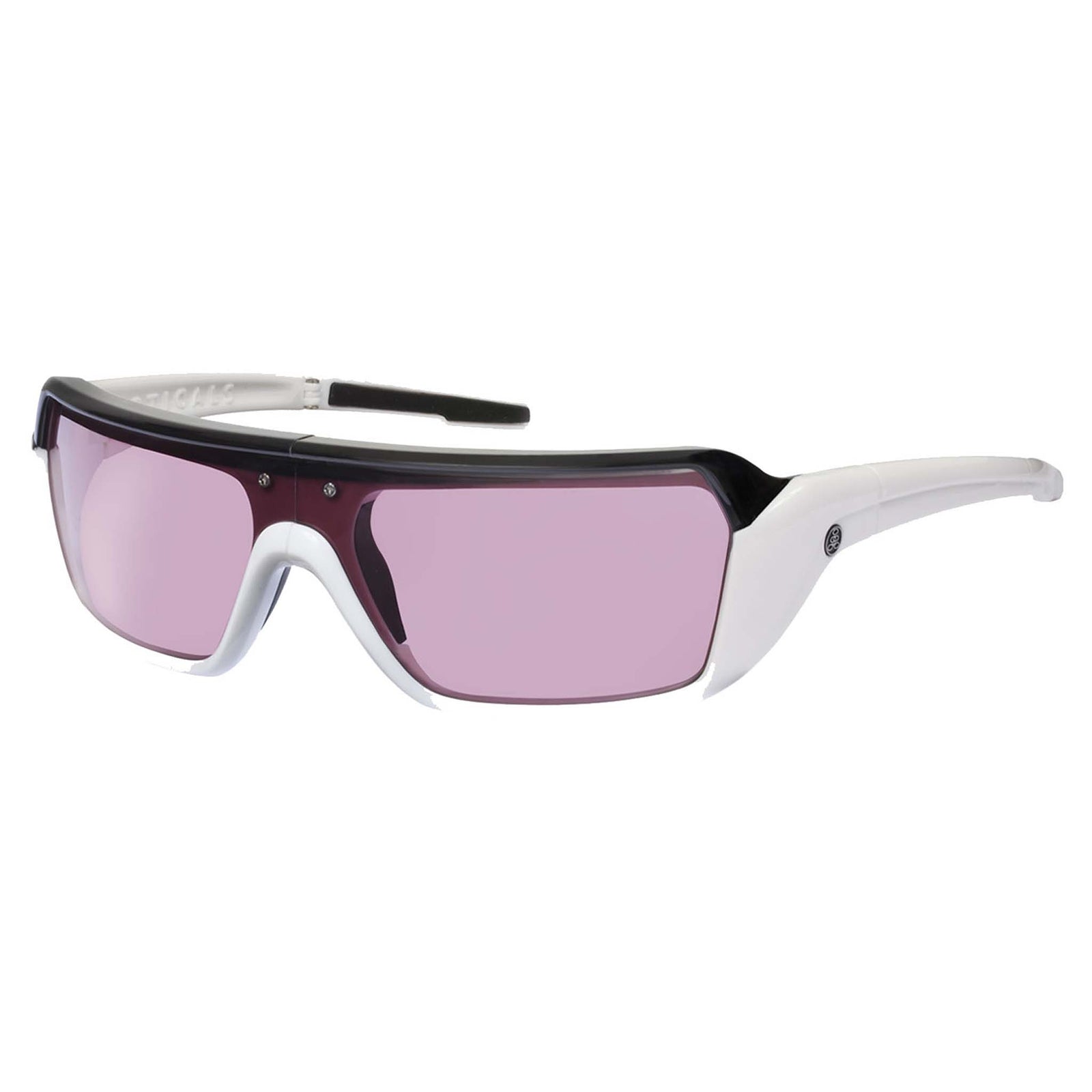SHOP SUNGLASSES
NYDEF® Golf
MORE
Ballistics & Safety
The Benefits of Wearing Sunglasses While Playing Golf
by Popticals 5 min read
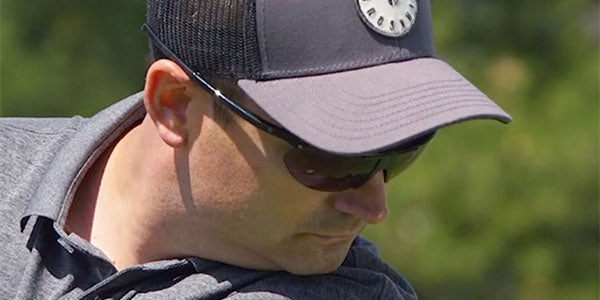
Inside this Article:
Given golf’s wide popularity, the industry constantly brings forward new innovations in clubs, balls, training aids, even footwear and clothing, each promising to help players play better and have more fun.
Yet amid yearly marketing campaigns and new technologies, there is one piece of equipment that is not talked about nearly enough – sunglasses.
Exposed to the natural elements, golfers face fatiguing and potentially dangerous rays from the sun throughout their journey across 18 holes.
Also, as beautiful as the vast green landscape of the golf course may be, oversaturation of the color green often blinds players to the intricacies and nuanced landscape of fairways and greens.
All of this can be solved by wearing a quality pair of golf sunglasses specifically designed to shield players’ eyes from the sun while also helping them to see the course in a different, elevated way.
The Problems with Sunglasses On the Golf Course
The golf world tends to follow the trends they see on the PGA Tour every week. For good reason, recreational players tend to think that they should mimic what they see the best players in the world doing.
Throughout the years, PGA Tour players have had sponsorships with many sunglasses companies, but most of them ended up wearing the glasses on their hats instead of their faces.
Dr. Craig Farnsworth, the world-renowned putting coach and eye doctor who has had the opportunity to work with many of these players firsthand gave some insight as to why PGA Tour players have not historically worn sunglasses:
They were afraid their faces would seem to be hiding behind the sunglasses.”
As a result, many players opted not to wear golf sunglasses despite their benefit to scoring.
Farnsworth said this is now changing, as a number of top pros wear their glasses at all times on the course.
Still, many sunglasses on the market today are also not designed specifically for golf even if marketed as such. Many glasses feature gray lenses that are much too dark to help players distinguish subtleties on the course and many are polarized which can throw off depth perception and make the course seem flatter than it is.
Benefits of Wearing Golf Sunglasses
Only now are many players beginning to awaken to the many benefits of wearing proper golf sunglasses, including visual and physical endurance, and the ability to better perceive and interpret the many contours and variations of the golf course, from tee to green.
Whether or not players realize it, being out in the sun for a full round of golf is extremely fatiguing for their eyes. Squinting and struggling to focus requires a lot of effort, which naturally trickles down to their physical stamina.
Additionally, squinting impairs a golfer’s ability to see clearly and can often result in blurry vision or lack of focus when reading the lie of the ball or the break of a putt.
Wearing sunglasses for the entire time they are on the course can drastically decrease this visual strain and help players see as clearly on the eighteenth green as they did on the first tee.
If your eyes are tired and you're squinting all day long, that affects the rest of the body.
When some people say, 'I feel kind of gassed on the last few holes,' it likely means the visual has affected the physical as they of course are tied together. They got visually tired from the sun, and physically their body went along with it."
- Dr. Craig Farnsworth
Don’t Miss Out On Nuances On The Fairways and Greens
Wearing proper golf sunglasses on the course can also help golfers see nuanced slopes on the fairways and patterns on the greens that they may have never seen before.
The oversaturation of the color green while not wearing glasses can often overstimulate the eye, making players miss out on small slopes and features that can influence their shots.
Golf-specific sunglasses should be tinted in hues (including violet and purple) that reduce green saturation. After letting their eyes adjust to a proper pair of golf sunglasses, Players will start to see darker and lighter shades on the greens that can be useful for distinguishing slopes and breaks that they would not have seen otherwise.
These subtle differences can sometimes be the factor that makes or breaks a round of golf. Wearing golf sunglasses will change the way golfers see the course and over time they will learn to implement minor adjustments from this newfound vision that will shape the way they play the game.
Key Takeaways
Overlooked Equipment
In the golf industry dominated by clubs, balls, and training aids, sunglasses are often neglected despite their significant impact on performance.
Environmental Challenges
Golfers face prolonged exposure to sun rays during a round, leading to eye strain and, eventually, physical fatigue. Oversaturation of green landscapes can also hinder course perception.
Historical Resistance
PGA Tour players, influenced by a perception that they might lose their recognition by fans, historically wore sunglasses on their hats, not faces. This trickled down to recreational players, turning golf sunglasses into a fashion statement rather than a performance tool.
Misconceptions in the Market
Many golf sunglasses on the market are not optimized for the sport, offering lenses that are too dark or polarized, negatively affecting players' ability to distinguish subtleties on the course.
Decreased Fatigue and Increased Visual Endurance
Wearing proper golf sunglasses helps reduce visual strain, decreasing squinting and enhancing focus. This, in turn, improves physical stamina, ensuring consistent performance throughout the round.
Enhanced Course Perception
Golfers can miss nuanced slopes and features on fairways and greens without proper sunglasses that should feature tints that offset green saturation. Adjusting to quality lenses reveals subtle differences in shades, aiding in the identification of slope and break, ultimately aiding shot strategies.
Long-Term Impact
Implementing minor adjustments based on the enhanced vision provided by golf sunglasses can shape the way golfers play the game, potentially impacting their overall performance and scores.
Popticals NYDEF® Golf Sunglasses, created and optimized for golfers, are endorsed by Dr. Craig Farnsworth, "The Putt Doctor", as a critical tool for enhancing golfers' performance and their enjoyment of the game.
Also in NYDEF® Golf
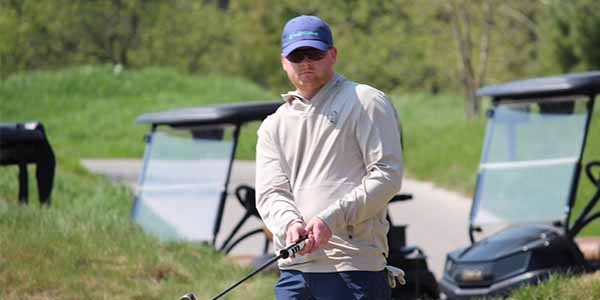
How Sunglasses Affect Your Read: The Science Behind Green Contrast
by Popticals 2 min read
Discover how NYDEF® Golf sunglasses enhance green contrast, improve putt reads, and reduce strokes. See the game differently with Popticals.
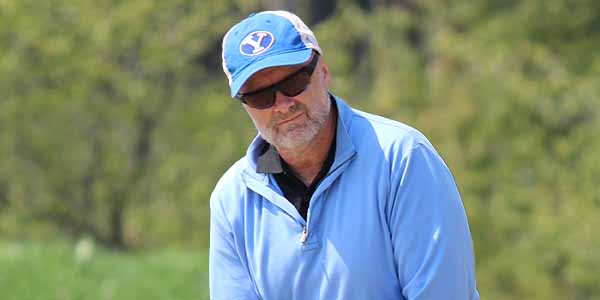
Why NYDEF® Golf is Ideal for Golfers with Cataracts or Post-Surgery Vision
by Popticals 1 min read
NYDEF® lenses offer crystal-clear optics for golfers with cataracts or implants—enhancing clarity, comfort, and course confidence.
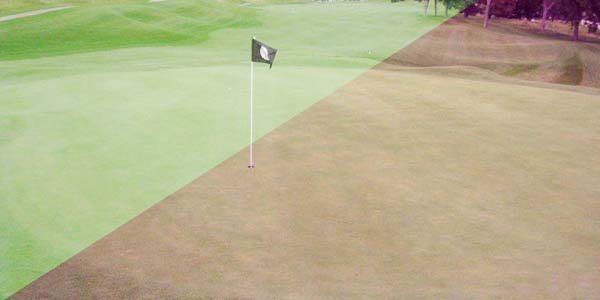
Golf Sunglasses - Choosing The Correct Lens Color
by Popticals 6 min read


